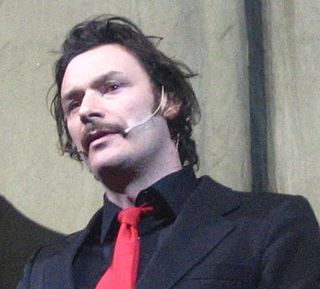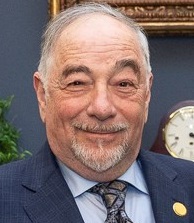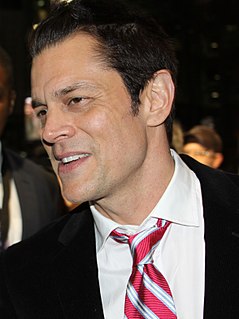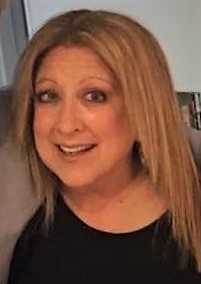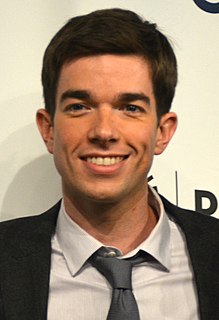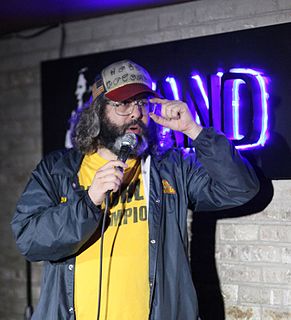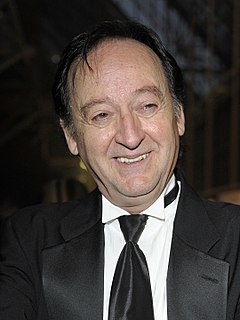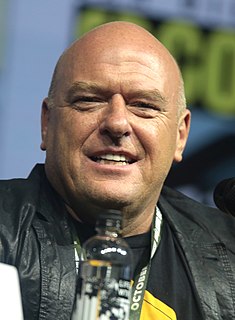A Quote by Hasan Minhaj
'Stand-Up Planet' was Anthony Bourdain-meets-stand-up comedy.
Related Quotes
I always get a little bit pissed off when stand-up comedy is not recognised as being as good a craft as being an actor. We give Oscars to people and it's like, 'Aw, this person is the greatest person on earth', but being an actor is pretty easy in comparison to stand-up comedy. It's no surprise that several stand-up comics have gone on to become great actors. I don't know any great actors that have gone on to become great stand-up comics.
In the stand-up comedy top, there's room for everyone - if you're good, there's room for everyone. You'll put on your own show - no one casts you. You cast your own show as a stand-up comedian. When you get good at stand-up comedy you book a theater and if people show up, people show up. If people don't show up, people don't show up. You don't have a director or a casting agent or anybody saying if you're good enough - the audience will decide.

